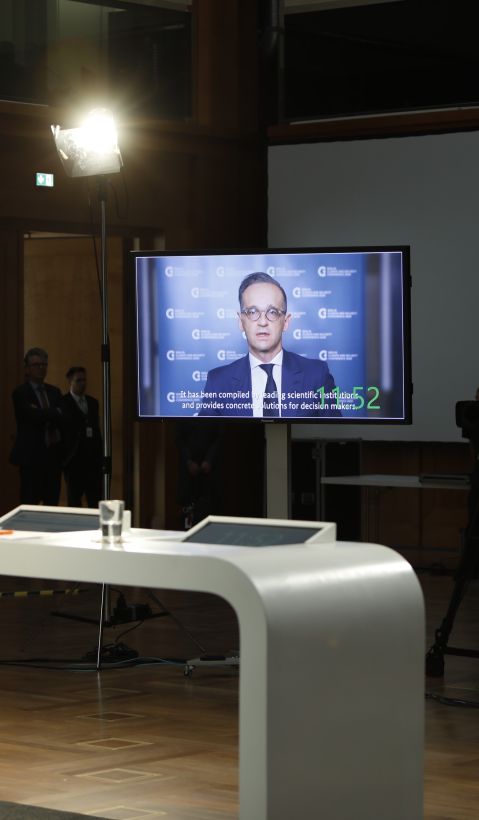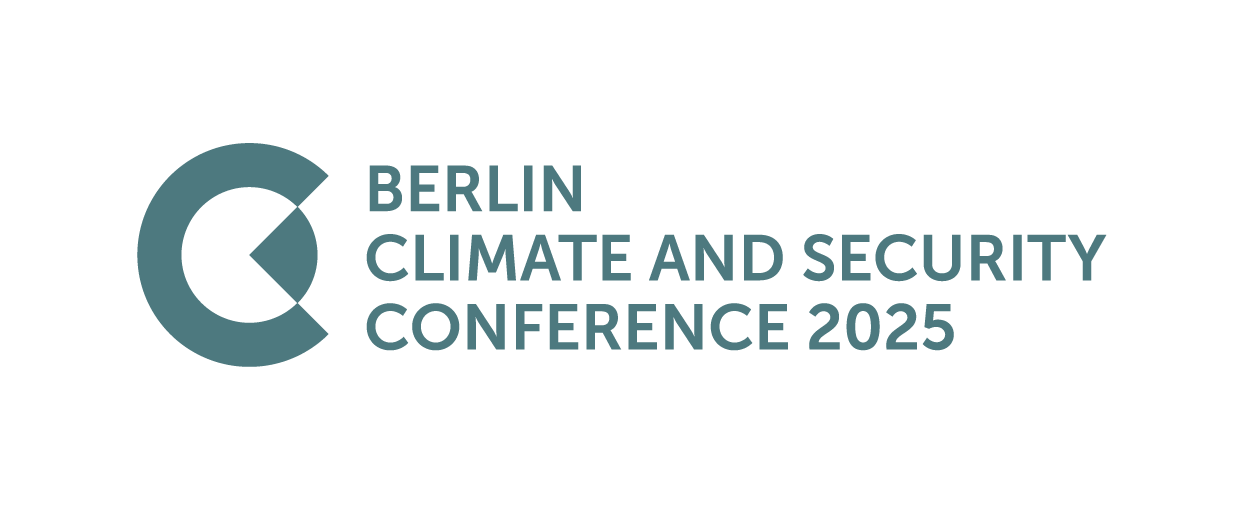
Climate fragility risks will change the foreign policy landscape
The planet’s limited resources are under pressure. Demand for food, water, and energy is increasing. Inequality, unemployment, rapid urbanization, and environmental degradation are converging and increasingly challenge efforts to reduce poverty and increase economic development in many poor countries.
Where the impacts of climate change interact with other stresses, the combination can overburden weak states, spurring social upheaval and sometimes violent conflict. Even seemingly stable states can be pushed towards instability if the pressure is high enough or shock is too great.
In fragile regions, persistent inequality, political marginalization, and unresponsive governments can increase the potential for instability and conflict. The addition of climate impacts will multiply these pressures and strain countries’ ability to meet their citizens’ needs.
To read more, have a look at the 10 Insights report, 2020 conference summary, download the background paper to the 2019 conference or visit the Climate Diplomacy website for the latest news and publications on climate change and security.
German engagement within the United Nations Security Council
Germany made the link between climate change and security policy a top priority for its two-year term (2019-2020) as a UN Security Council elected member. Despite the increasing salience of this topic, it currently lacks a proper institutional home that could offer support and advice on how to systematically address climate-related security risks. Nevertheless, the topic of climate security has gained increasing importance within the UNSC and other multilateral fora over recent years.
To further strengthen UN engagement on the issue, Germany, together with the Republic of Nauru, officially established the Group of Friends on Climate and Security within the United Nations on 1 August 2018. In support of the Group of Friends, adelphi, on behalf of the German Federal Foreign Office, is acting as the Secretariat for the Climate and Security Expert Network. This international network supports the Group of Friends by synthesizing scientific knowledge and expertise, advising on entry points for building resilience to climate-security risks, and helping to strengthen a shared understanding of the challenges and opportunities of addressing climate-related security risks. This lays the groundwork for global cooperation on this issue. Since its establishment, the Group of Friends has grown in size and now comprises more than 55 member states. Most recently, the United States of America announced their intention to join the group.
Weathering Risk: A Climate and Security Risk and Foresight Assessment
Following the launch of the of the Berlin Call for Action in 2019, Weathering Risk − the global climate and security risk and foresight assessment − was launched in 2020.
Weathering Risk is the flagship multilateral initiative led by adelphi. It develops and pilots an integrated approach for climate and security risk and foresight assessments in order to facilitate risk informed planning, enhance capacity for action and improve operational responses that promote climate resilience and peace.
Weathering Risk is guided by a Strategic Advisory Board of leading figures in development, environmental, foreign and security policy, and aims to ensure that relevant policies and decisions are better informed by evidence-based analysis on climate change related security risks, now and in the future. It will identify short-, medium-, and long-term threats to peace, prosperity and wellbeing, and to geopolitical and diplomatic relationships.
Through this process, Weathering Risk seeks to bolster the evidence base as well as convene key stakeholders to inform climate and security risk thinking, with a view to advance the climate security discourse from analysis to action.
The Weathering Risk Methodology brings together the most current climate impact data, granular analysis of conflict contexts and forward-looking risk projections in order to identify and convert strategic uncertainty into manageable risk. The methodology was presented at the 2021 Berlin Climate and Security Conference. Examples of its implementation were presented at the 2022 Berlin Climate and Security Conference.
